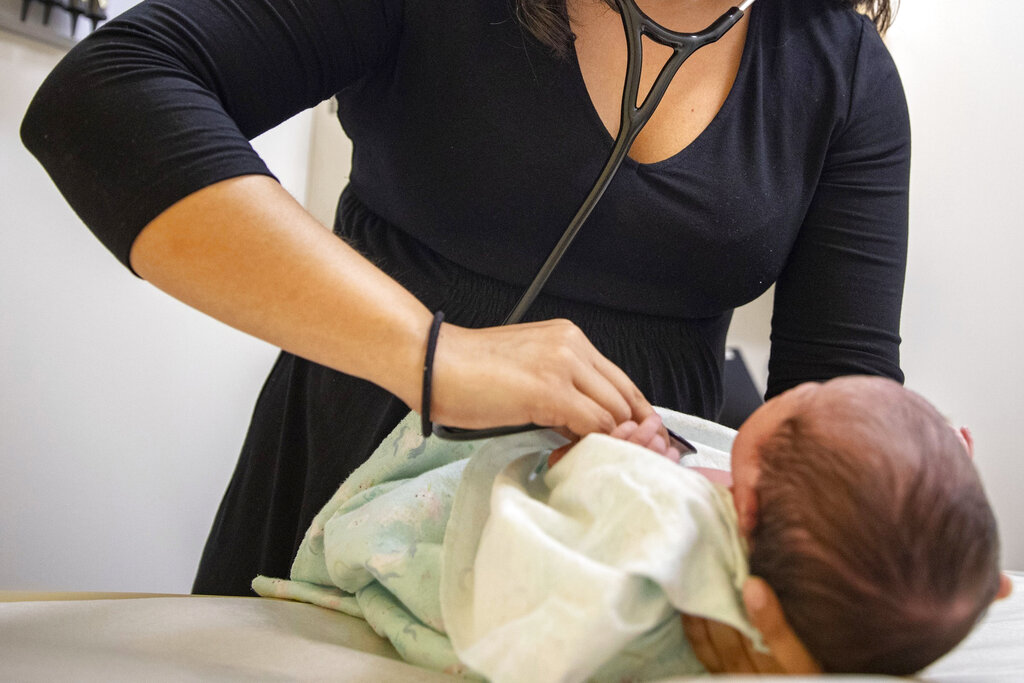You might remember Michael Dunn was convicted of three counts of attempted second-degree murder for shooting into an SUV full of teens in Florida in late 2012.
Now his retrial is making headlines after the jury deadlocked on a first-degree murder charge in February of this year. Experts say Dunn will most likely stick with his argument that he acted in self-defense.
Dunn claimed he was defending himself the night he shot and killed 17-year-old Jordan Davis. He said Davis pointed a shotgun at him, although investigators never recovered such a weapon from the SUV. Dunn had reportedly asked the teens to turn down their music, which led to a fight.
MICHAEL DUNN VIA HLN: "He said he was going to effin' kill me, and then after he opened the door, he looked at me and said, 'You're dead, b****.' ... I became even more fearful at that point."
Prosecutors say Dunn's actions were premeditated, and they asked jurors to use their "common sense."
As The Christian Science Monitor explains, "Prosecutors have pointed to Dunn's decision to not call police after the shooting as well as his failure to mention seeing a gun to his girlfriend for almost a day."
The case has often been compared to that of George Zimmerman, also a Florida man who was acquitted of second-degree murder and manslaughter charges for killing unarmed teen Trayvon Martin.
Florida's controversial "stand your ground law" — which doesn't require a person to retreat before using force in self-defense — was a major part of the Zimmerman case. But that's not what's at stake here. Florida's overall self-defense law says a person may use a justifiable force if he or she has a "reasonable fear of death or great bodily harm."
The issue is whether Dunn's shooting was justified. One legal expert tells The New York Times everyone's definition is different because "One person's reasonable is another person's overreaction."
As one juror told ABC back in February, the self-defense argument was enough to convince some of the 12 jurors Dunn's actions were justified.
ANCHOR: "Ten people thinking he was guilty."
JUROR: "Yes, sir."
ANCHOR: "And two people saying what?"
JUROR: "Self-defense."
Now as jury selection begins for the retrial, legal experts say choosing the right members will be key to avoiding another hung jury.
Some experts also say there's the small chance Dunn could become a free man if this new jury finds him not guilty.
WAWS: "There is a small possibility that it would affect the prior convictions, might have them thrown out, if you will. And if they're thrown out, there's the minor possibility that he could be set free."
Speculation aside, Dunn has not been sentenced yet for his prior convictions. He faces up to 75 years in prison — already a potential life sentence for the 47-year-old.










